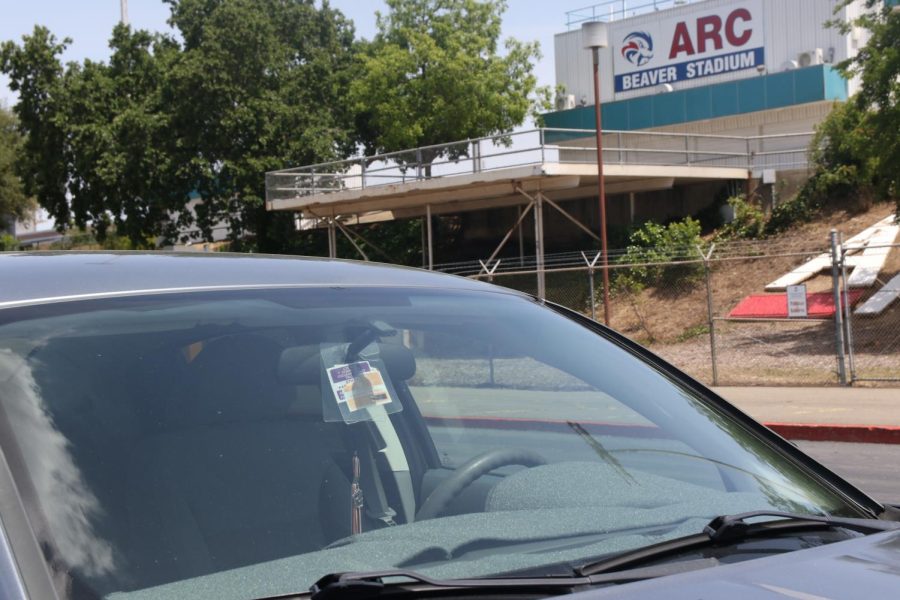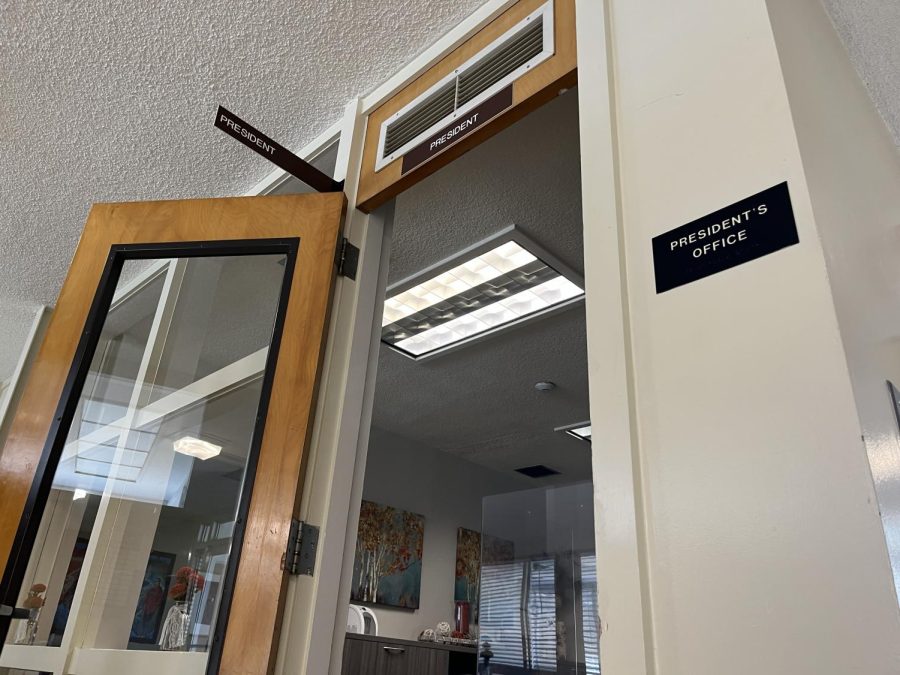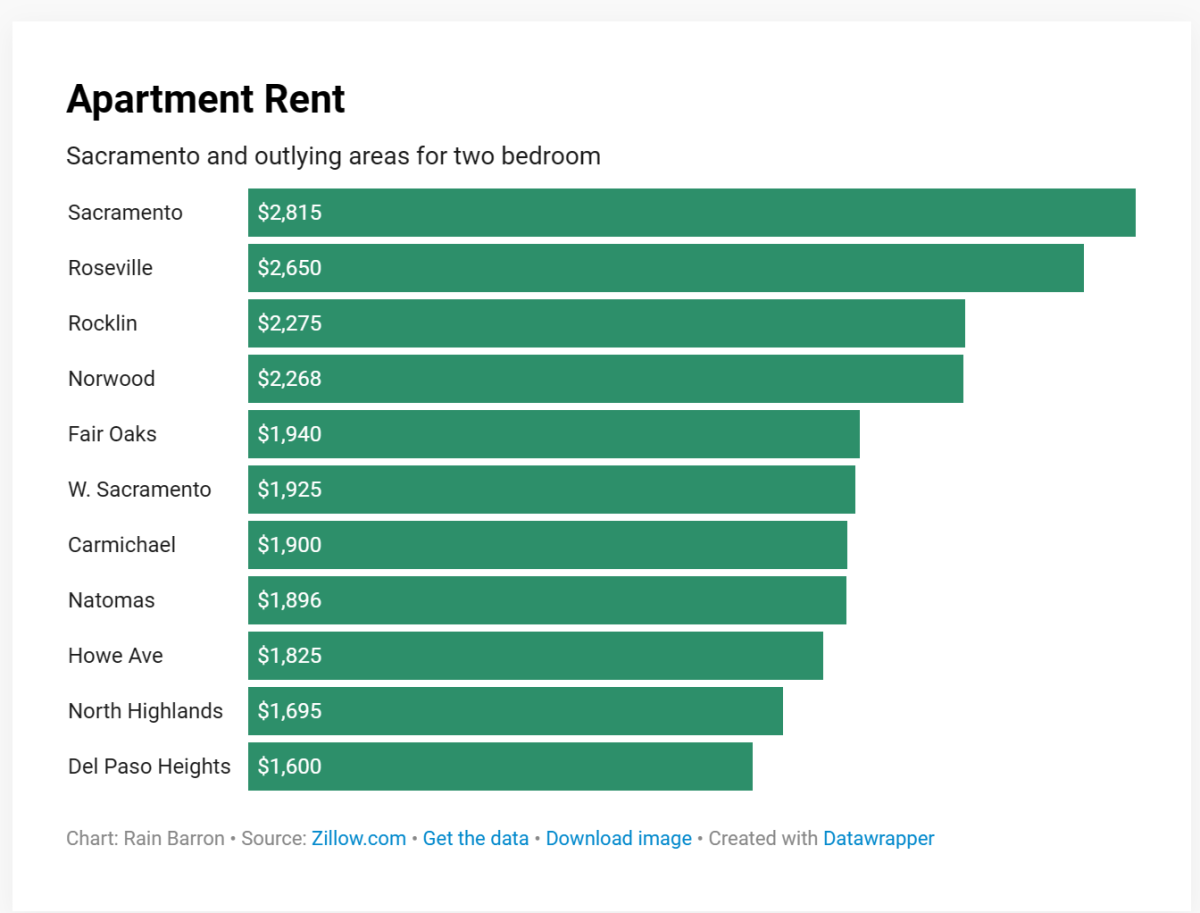Continuing American River College students with more than 90 degree-applicable semester units will lose priority registration status and be eligible for open enrollment only, beginning summer 2014. Currently the limit is 100 units.
This new rule applies to all students who had previously received priority registration, including veterans and DSPS students.
Most AA programs require 60 units for graduation. Those who change majors after dedicating several semesters to one course of study may find themselves dangerously close to the 90-unit limit before they are able to graduate.
But a move to open enrollment is better for high-unit students than Governor Brown’s proposal earlier this year that such students pay the non-resident rate for any additional units.
The abundance of high-unit, non-graduating students negatively impacts everyone, including the students themselves. The state is right to introduce additional motivation for students to graduate.
According to American School Search, 71% of ARC students never graduate. By lowering the unit limit for priority registration to 90, lawmakers are helping to ensure that the students who are on track for graduation are not in competition for classes with those who are just along for the ride.
Students who don’t finish school within three years, the official measure of a school’s graduation rate, are a drain on the taxpayers because every credit is heavily subsidized.
Additionally, hundreds of thousands of California community college students received Board of Governor fee waivers each year, which pay the $46 per unit unsubsidized portion of the student enrollment fee. That adds up to millions of taxpayer dollars spent on students who are not making the appropriate plans to finish their education.
It takes some students several years to finish school, in part because of poor planning and lack of communication between counselors and students. As part of the 2012 federal Student Success Act, California community colleges will be implementing integrated student education plans (iSEPs), which ARC administrators intend to have up and running in July 2014, according to ARC’s Strategic Student Success Plan draft of May 2013. These iSEPs, required of newly matriculated students, will help new students stay on track to graduate on time.
Some schools are allowing petitions to keep priority registration status for continuing students who have a clearly defined academic plan and are two or fewer semesters away from graduating. As of this writing, it is unclear if ARC will allow a petition process.
The basic message the state is sending to California community college students is this: Get your stuff together and graduate.













